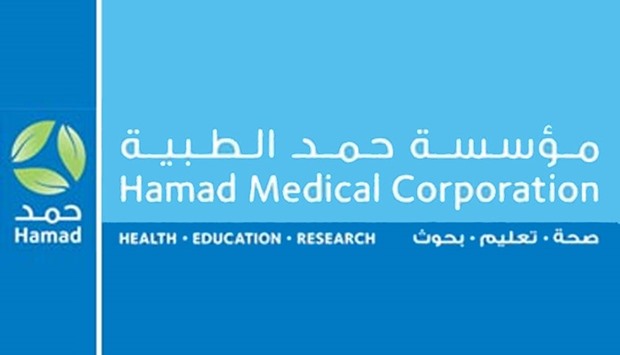Hamad Medical Corporation’s (HMC) Paediatric Feeding and Swallowing Rehabilitation Programme team at Rumailah Hospital is addressing the needs of children who are experiencing problems with swallowing (dysphagia) and feeding.
If children are found having feeding and swallowing problems, people may visit the health centres and seek referral to the paediatric feeding and swallowing clinic at the Child Development Center, Rumailah Hospital.
Dysphagia is a difficulty with any step of the swallowing process, from accepting foods and liquids into the mouth, to the entry of food into the stomach.
Talking about the condition, Dr Lobna Dekair, head of the programme team, said swallowing disorders are common among children who can exhibit a variety of symptoms.
“These are numerous and can include irritability or lack of alertness during feeding, refusal of foods or liquids, lengthy feeding times, difficulty chewing or breast feeding, coughing, gagging or difficulty co-ordinating breathing during meals,” Dr Dekair said.
“It can also include excessive drooling or food/liquid coming out of the mouth or nose, frequent spitting up or vomiting, recurring pneumonia or respiratory infections and less than normal weight gain or growth,” she explained.
“The programme aims to identify the underlying and curable causes and provide appropriate medical treatment and nutritional support to children with feeding and swallowing problems,” Dr Dekair said.
According to her, children living with feeding and swallowing disorders may be at risk of dehydration or poor nutrition, aspiration, recurrent pneumonia and respiratory infections that can lead to chronic lung disease and isolation in social situations involving eating.
Evaluation of an infant or child with suspected feeding and swallowing disorder is carried out by a multidisciplinary team. “It begins with taking a detailed clinical history and general physical examination which is then followed by a feeding assessment,” Dr Dekair said.
“This includes an examination of the face including the structure and function of the mouth and throat, observation and auscultation (listening to sounds from the heart, lungs, or other organs as a part of medical diagnosis) for respiratory distress and assessment of the child’s voice and other aspects.”
Some children may undergo further assessment if needed. Once diagnosed with feeding and swallowing difficulty, the plan of care is formulated by the team and discussed with the family to start the management of the issue and treatment.

HMC
